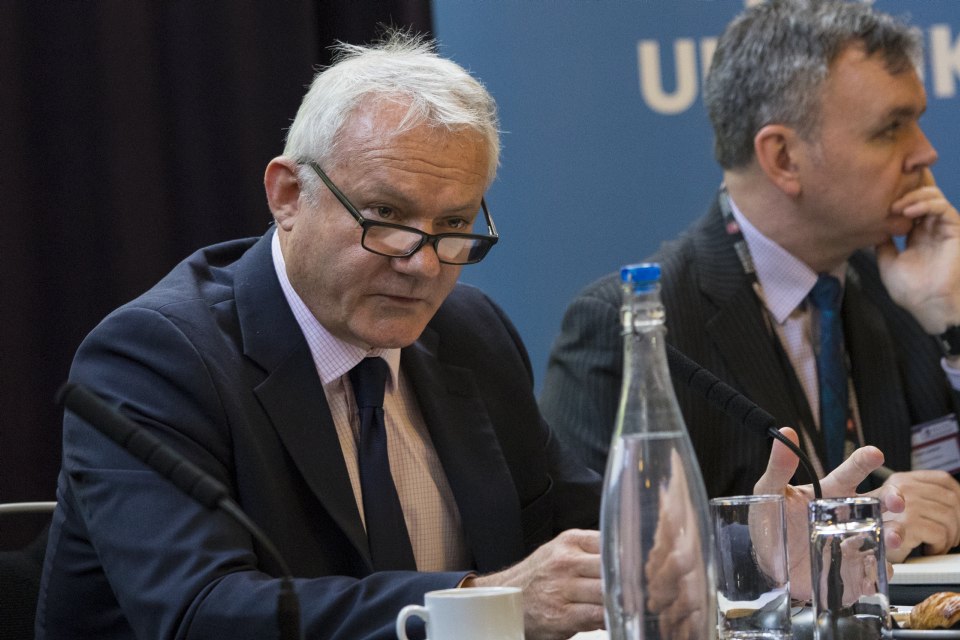Dementia tax could wipe out up to half the value of average family home
It comes after Amber Rudd said the Conservatives did not know what a future cap on social care costs would be, while refusing to rule out that it could be as high as £200,000 or £300,000.
The analysis reveals that:
• If a cap was introduced at £200k, the costs of care for those with long-term conditions could wipe out over half of the value of an average family home
• If a cap was introduced at £150k, the costs of care for those with long-term conditions could wipe out around a third of the value of an average family home
• In Theresa May’s constituency of Maidenhead, the dementia tax could wipe out 40% of the value of an average home if a cap of £200k was introduced.
Liberal Democrat Shadow Health Secretary Norman Lamb said:
“These figures show Theresa May’s dementia tax could devastate hard-working families, with a cap on costs in the hundreds of thousands.
“Across the country, people risk seeing over half the value of their homes taken to pay for care costs.
“Theresa May’s stubborn refusal to set out the full details of the dementia tax shows she has no plans to ditch it.
“She is showing contempt for vulnerable older people who have developed a condition like dementia through no fault of their own.”
